
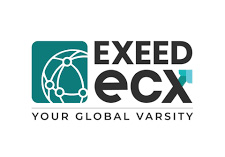
Master of Business Administration in International Business
The MBA in International Business program provides students with a comprehensive curriculum designed to equip them with the necessary knowledge and skills to succeed in the global business environment.
Based on 21,501+ reviews | 650,000+ learners
Our Alumni Work At:
Our learners occupy top positions in companies across industries and some of the world’s best-known firms

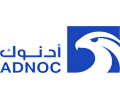







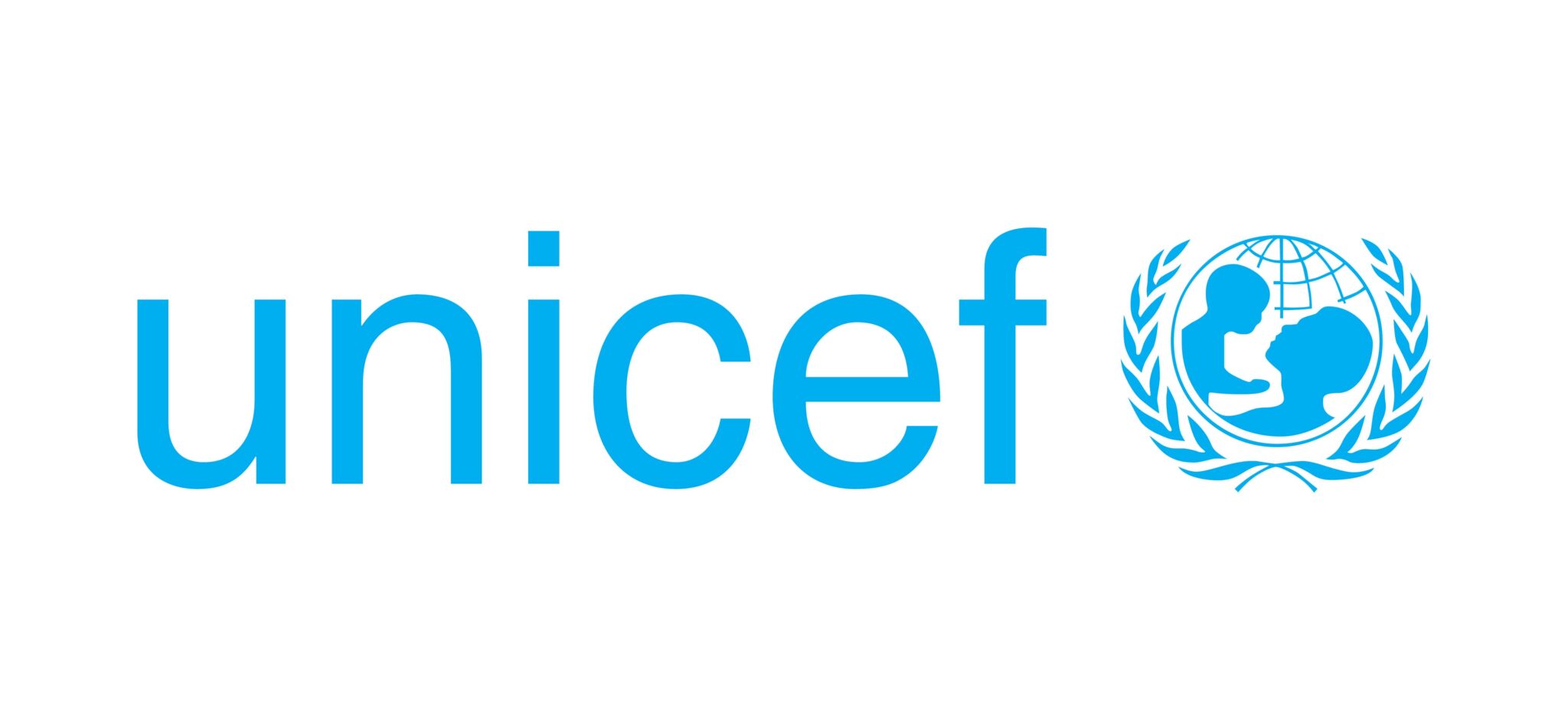
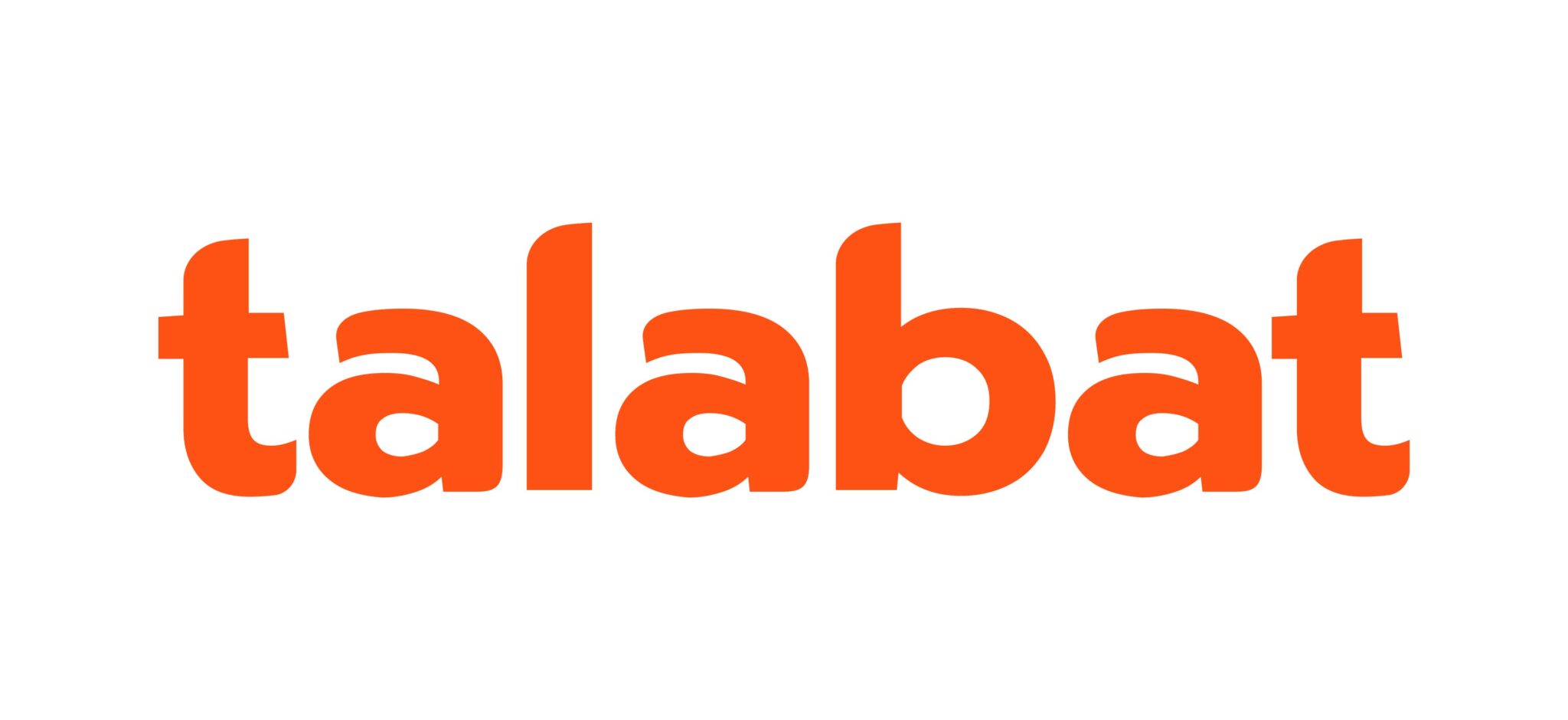


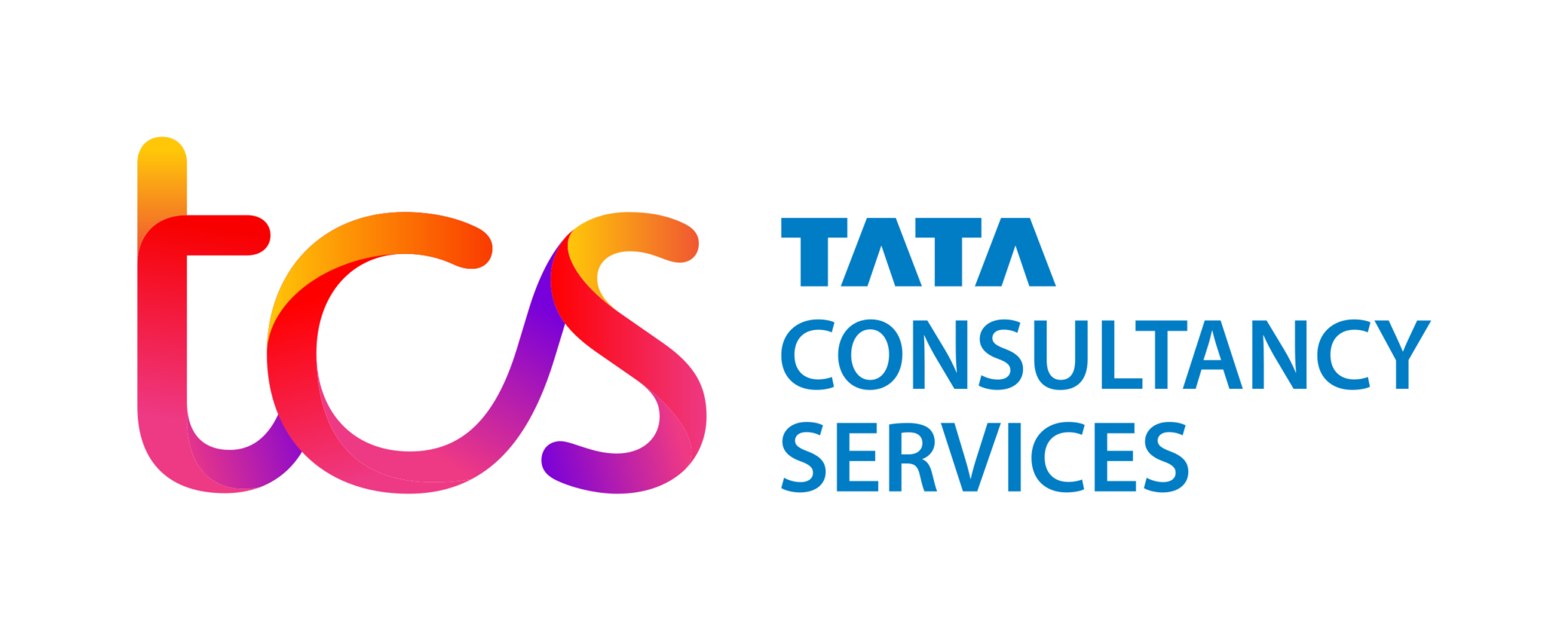

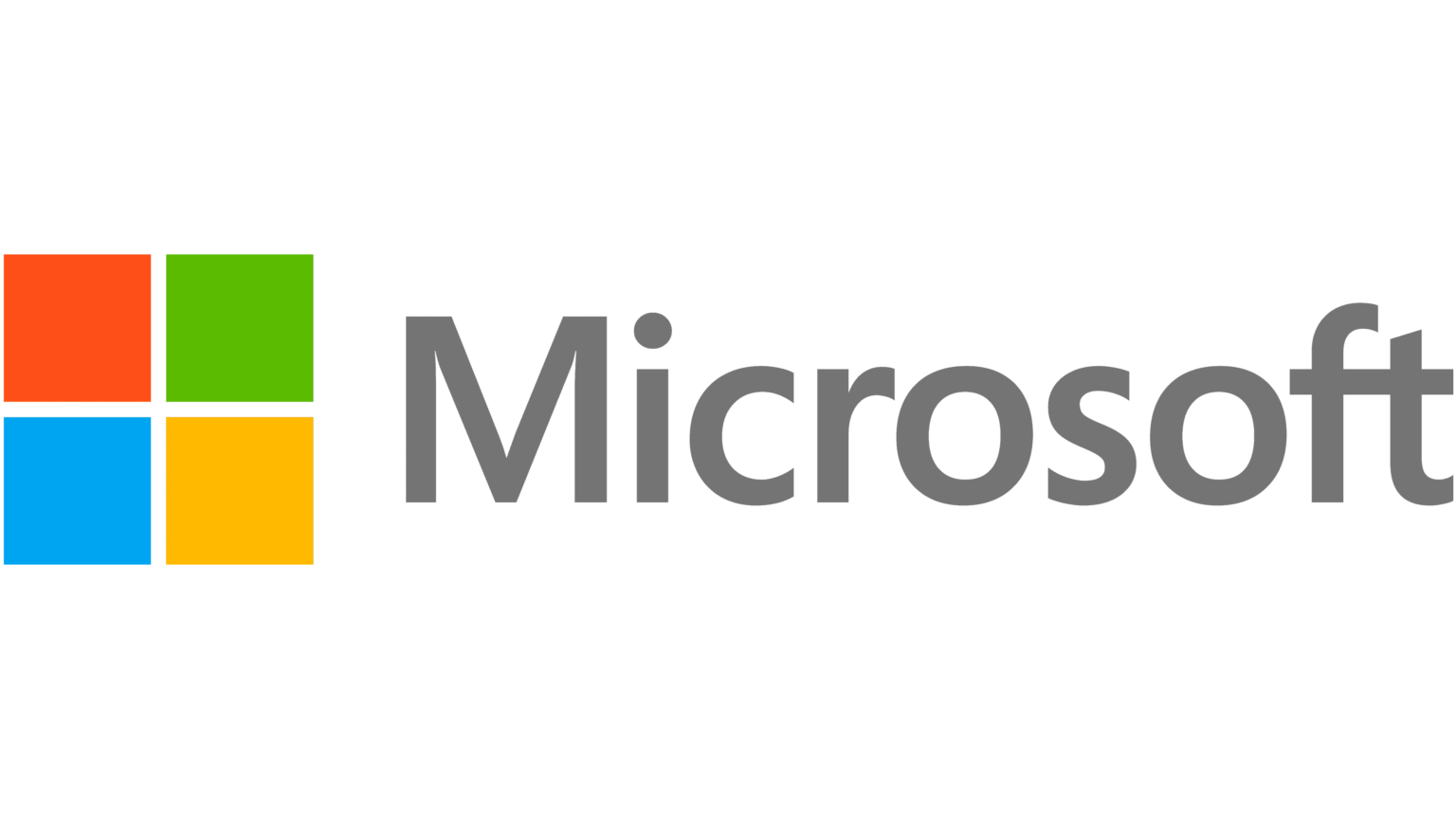


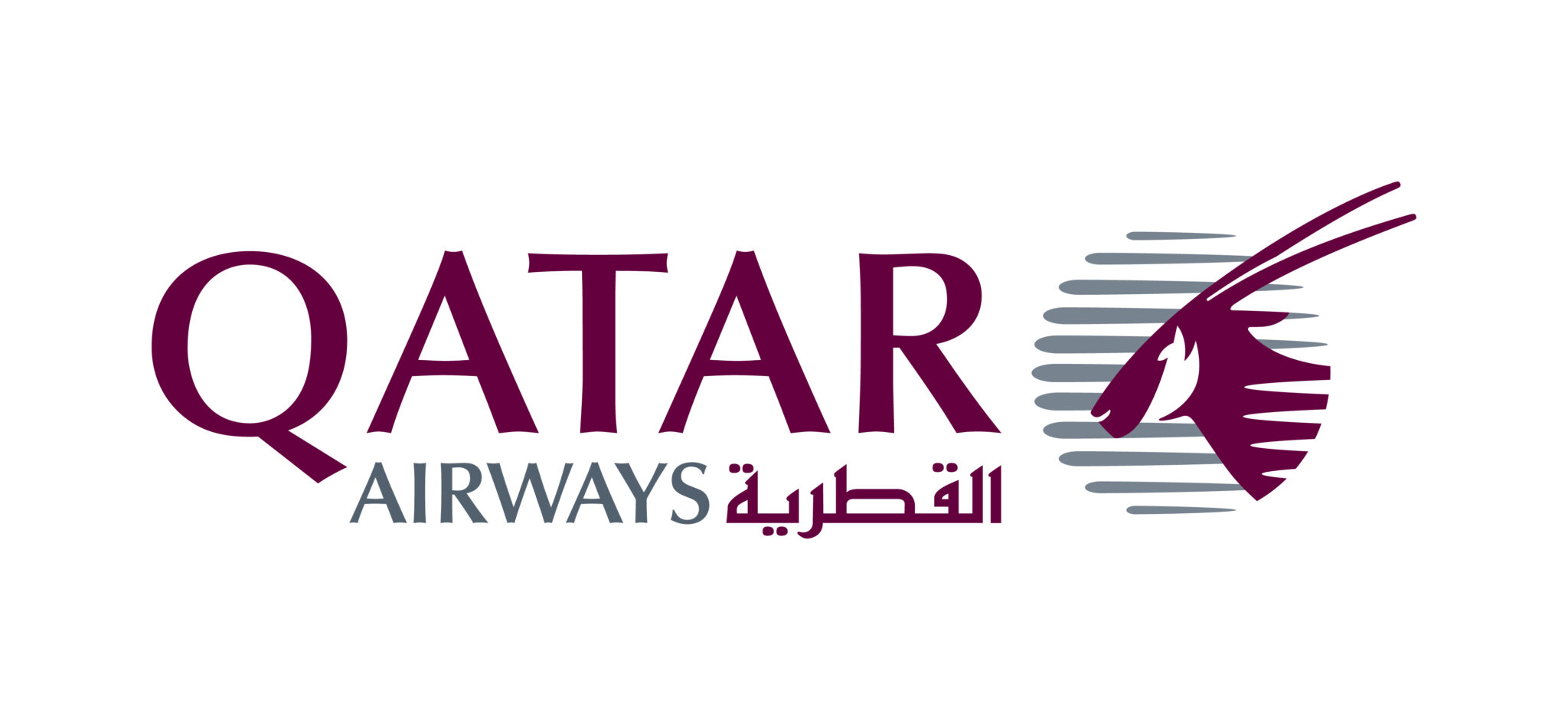

98.2%
Completion Rate
91.2%
Course Pass Rate
95%
Submission Rate
88%
Student Satisfaction
Speak to our Admission Team
About Woolf University, Malta
- Woolf degrees are recognized by about 57 countries who are under treaty obligation as signatories to the Lisbon Recognition Convention. The full list of signatory countries can be found on the United Nations website and the Council of Europe website.
- Multiple Education Credential Assessment agencies, like ECE and FIS, have already recognized Woolf master’s degrees as equivalent to US master’s degrees. ECE also determined the Woolf’s accreditation is equivalent to US regional accreditation.
- Woolf has been deemed “a recognized university” for purposes of immigration and citizenship in Canada.
- Woolf is a collegiate higher education institution: all constituent member colleges benefit equally from Woolf’s accreditation and have the power to enrol students in their college degrees.
- Woolf is listed on the EU’s Europass website. Click here to search for other Woolf degrees.
Key Features
Live & interactive lectures by expert faculties
Recorded session for offline viewing
World-class curriculum by eminent faculty
Regular webinars by industry leaders
Assignments for module assessments
Easy-to-use LMS accessible anywhere
Online library to further enhance your knowledge
Dissertation on your area of research work
Core Modules
Leading People, Teams, And Organisations: Organisational Theory
This module is designed to inform and help the students, gain adequate awareness of the various aspects of teamwork, coordination and leading in the organization. One of the most essential requirements in any organization is the skill to get the work done from the people and be an inspiration that keeps the people going. This course hence covers various aspects of leadership, will discuss the reasons of lack of motivation in the team and tips for communicating and leading in a way that the employees are not only inspired but remain engaged in the organization. The learners will also gain in-depth insights about cooperation and various cultural value orientations.
Learning Outcomes
LO1: Critically review and analyse the framework of leadership and consider the nature, strengths, and weaknesses of the various approaches: traits; functional; behavioural; style; contingency. The continuum of leadership behaviour should be explored in some depth with consideration of the factors determining the chosen leadership style.
LO2: Define “cooperation” and discuss the concept of cultural value orientations.
Business Leadership And Strategy
The core concepts that have been covered up in this module relate to the strategical aspects of the company. The learners will be able to understand about the strategic management and various skills that are required by a leader or the top-level management in order to attain the vision and mission of the firm. This module is focused giving enough knowledge to the learners about the strategy formulation and implementation process. Furthermore, it is also focused on various changes that an organization can bring in based on the current market situations. These changes are inevitable and hence the module will prepare the learner with choosing the right types of leaders to implement right strategies in the times of changes.
Learning Outcomes
LO1: Define “Strategic Management” and discuss how knowledge and skills in leadership and strategic management support the creation and achievement of organisational vision and strategy.
LO2: Evaluate the significance of strategy when initiating effective change management in an organisation. Furthermore, analyse the impact of strategy on leadership and human behaviour in the organisation.
Effective Managerial Communication
The module has been structured to make the learners aware about the concept of communication in the workplace. The only thing that connects one person with the other is the communication. Verbal or non-verbal, it is the communication that helps people comprehend the objective or agenda of the conversation. As simple as the concept looks, when the communication becomes a part of professional outlook, it has to be understood very clearly. Hence, the main focus of this module will be to uncover the details about workplace communication, its modes, and barriers. Following the understanding of the basics of the concept, the learners will be made aware about the organizational structures and different management styles and its link with the organizational communication. Lastly, the module will be completed by enlightening the learners about the technology and its influence on managing the workplace communication effectively.
Learning Outcomes
LO1: Define Managerial communication. Critically evaluate the effectiveness of communication within an organisation by reviewing the principles and barriers in workplace communication.
LO2: Analyse different models of workplace communication and review the impact of organizational structures and leaders on the workplace communications. Discuss the type and influence of technological advancement in managerial communication.
Technology And Operations Management
Technology and Operations Management provides a comprehensive overview of technology utilization to drive a competitive advantage for company operations. Learners explore various technology solutions for business process automation, including value proposition analysis across organization functions.
You’ll also analyze how technology can be leveraged to improve product development during the four lifecycle phases. The course provides a detailed overview of the impact of technology on various operating models such as manufacturing, supply chain management, customer-facing, product development, and support functions (e.g., HR and finance).
Learning Outcomes
LO1: Analyse the various tools, techniques and apply suitable tools and techniques in different alternative scenarios of Operations Management
LO2: Demonstrate operations strategy in a domestic and global context and evaluate how the use of technology has impacted operational functions.
Evidence - Based Decision Making
This course offers you a basic introduction to postgraduate research to understand how evidence is used for decision-making. By exploring scholarly literature you will become familiar with the objectives and importance of quality research, and the methods of data collection using descriptive statistics and processes involved in carrying it out. Understanding research and the processes involved in conducting, designing, reporting, interpreting, and evaluating research is of paramount importance to success in postgraduate study.
Learning Outcomes
LO1: Understand how to critically analyze business data in an organizational decision-making context.
LO2 Demonstrates an ability to produce appropriate graphical and numerical descriptive statistics for different data types and use it for decision-making.
Supply Chain Management
This module supports strategic decision makers and operational managers in international and domestic markets to manage successful logistics across their business. It demonstrates the concepts of supply chain in detail and helps in exploring the relationship of the same with the business objectives. Logistics and procurement which are the crucial area of any business firm, are also understood through the learnings of this module. This course will give the learners an opportunity to gain a detailed outlook on various logistics drivers and the ways in which companies can make their supply chain a factor of competitive advantage.
Learning Outcomes
LO1: Understand the relationship between supply chain management and organizational business objectives.
LO2: Understand the role of logistics and procurement in supply chain management.
Strategic Economics
The Economics course explores basic economic principles (theories and applications) that are relevant to the business core in the MBA program. This course is about learning to think like an economist and amassing the tools necessary to do so, including the study of microeconomics and macroeconomics.
Course objectives are to learn the determinants of market demand and supply and how economists model markets; to examine production and cost analysis; to learn how firms manage in competitive and monopolistic environments; to study strategic firm behavior, including basic game theory, entry and deterrence, collusion and cooperation, and bargaining; to develop an understanding of information, auctions, and incentives; to analyze gross domestic product and its components as well as monetary policy and the supply and demand for money; and to provide a strong foundation for understanding the business cycle.
Learning Outcomes
LO1: Critically analyze the knowledge economy and the various drivers of economic changes which impacts business activities.
LO2: Demonstrate how macroeconomic and microeconomic objectives impact business growth.
Integrative And Strategic Thinking
The Economics course explores basic economic principles (theories and applications) that are relevant to the business core in the MBA program. This course is about learning to think like an economist and amassing the tools necessary to do so, including the study of microeconomics and macroeconomics.
Course objectives are to learn the determinants of market demand and supply and how economists model markets; to examine production and cost analysis; to learn how firms manage in competitive and monopolistic environments; to study strategic firm behavior, including basic game theory, entry and deterrence, collusion and cooperation, and bargaining; to develop an understanding of information, auctions, and incentives; to analyze gross domestic product and its components as well as monetary policy and the supply and demand for money; and to provide a strong foundation for understanding the business cycle.
Learning Outcomes
LO1: Critically analyze the knowledge economy and the various drivers of economic changes which impacts business activities.
LO2: Demonstrate how macroeconomic and microeconomic objectives impact business growth.
Integrative And Strategic Thinking
This collection of stackable topics introduces the fundamental principles of modern strategic thinking and the basic tools of strategic analysis, building your capability to outline a meaningful future direction for an organization. Recognizing the nature of organizations as complex open systems, this course offers an integrative, practical perspective on strategic thinking and puts forward a view of Strategic Management as guided emergence.
Learning Outcomes
LO1: Evaluate the role and contribution of the integrative thinking approach in leadership.
LO2: Analyze the role of strategic thinking in strategic management to critically evaluate the relationship between strategy, stakeholder expectations and organizational performance
Ethical Issues For Managers
Today’s managers must necessarily concern themselves with ethical issues because unethical behavior creates legal risks and damage to businesses as well as employees and consumers. Business ethics have become an integral part of business education in general. A student or manager who is well-versed in ethical behavior in practices, not only in the domestic market but internationally, will find him or herself better prepared to deal with issues or situations that may arise that don’t always involve easy answers or decisions. This course introduces the importance of ethics in business. Students focus on the significance of ethics to stakeholders; examine who bears responsibility for monitoring ethics; and explore ethical situations common in organizations.
Learning Outcomes
LO1: Understand and evaluate business ethics theory & corporate social responsibility of various organizations and its influences on ethical decisions.
LO2: Critically evaluate the issues in business ethics and their potential effect on personal, managerial, and corporate decisions in the global context.
Specialization Pathway
Entrepreneurship In Global Context
The module and its learnings will help the learners understand the concept of globalization. The current marketplace is growing tremendously, and with this growth a pathway to the opportunities also opens up. Hence the content of this course is designed to enrich the learners’ understanding about the approaches to entrepreneurship, various business models and perspectives and different areas of business management. This course will only be termed as complete when the knowledge about diversity and cultural management is rendered to the learners to be ready for stepping into different parts of the globe.
Learning Outcomes
LO1: Demonstrate a systematic understanding of the global context of enterprise and its impact on entrepreneurial activities.
LO2: Appraise various approaches to the process of global entrepreneurship.
LO3: Analyse business ideas from various perspectives of the business model, such as value proposition, marketing, technology, customer relationships, cost, partnerships, and revenue fit.
LO4: Recognize the requirements for venturing and managing different cultures and nationalities.
Management Accounting And Finance
This module is designed to inform and help the students, gain adequate awareness of the various aspects of financial statement evaluations through conduct of ratio analysis as a quantitative tool and its application for introspecting, comparing existing business strategies whilst considering the impact of macro-economic and macro business factors on the functioning and operations of business in a global context. Understanding of contemporary theories and their applications of International Accounting Standards, Principles, Investment Strategies and Budgeting Concepts that shall provide students with an opportunity to appreciate the global financial markets and the changing business climate for originality in analysing, interpreting and exposing them to the complexities of managing bottom line expectations and shareholder value creation aspects as part of the overall accounting and financial management concepts. It’s also helping the students to evaluate and identify the factors that help develop appropriate budgetary planning and strategy combined with forecasting techniques and benchmarking performances internationally.
Learning Outcomes
LO1: Critically analyse the use of the key functional areas of marketing, strategy, finance, accounting, and operations management in support of wider organizational activity.
LO2: Analyse strategic perspectives regionally, nationally, and internationally at organization and sector levels.
LO3: Critically analyse contemporary issues, challenges and problems relating to business and management that impact on business and management at functional, strategic and sector levels.
LO4: Evaluate the role and contribution of integrative strategic and leadership approaches.
LO5: Synthesize relevant critical thinking through organizational research completing an independent Accounting & Finance Assignment.
Socio-economic And Legal Environment
The module and its learnings will help the learners understand the concept of globalization. The current marketplace is growing tremendously, and with this growth a pathway to the opportunities also opens up. Hence the content of this course is designed to enrich the learners’ understanding about the approaches to entrepreneurship, various business models and perspectives and different areas of business management. This course will only be termed as complete when the knowledge about diversity and cultural management is rendered to the learners to be ready for stepping into different parts of the globe.
Learning Outcomes
LO1: Critically analyse the knowledge economy and the various drivers of economic changes which impact business activities.
LO2: Understand the legal framework and its implications in the wider context of business management.
LO3: Analyse case scenarios and case studies on the various economic drivers and legal frameworks practised in business management.
LO4: Critically evaluate the political factors which influence company management and dynamics.
Our Testimonial
AfriCred made my dreams come true! As a Nigerian student, securing an education loan for overseas studies seemed like an impossible task. But AfriCred stepped in and not only secured the loan but also efficiently processed my tuition fees. Their expertise and dedication turned my dream of studying abroad into a reality. I am forever grateful for their support!

Oluwaseun A
AfriCred is a game-changer for Nigerian students aspiring to study overseas. They understood the financial challenges we face and helped me secure an education loan with ease. Their guidance and assistance in processing tuition fees streamlined the entire process. Thanks to AfriCred, I am now pursuing my dream education abroad!

Temi O
I can't express how thankful I am to AfriCred. As a Nigerian student, I faced many obstacles when it came to funding my overseas education. AfriCred not only secured a tailored education loan for me but also made the tuition fee process incredibly smooth. They are true education financiers and have changed my life for the better!

Chinedu N
AfriCred is a lifeline for Nigerian students seeking higher education abroad. Their dedication and expertise in securing education loans and handling tuition fees are commendable. Thanks to AfriCred, I am now living my dream of studying overseas. I highly recommend their services to every aspiring international student!

Adesua E
AfriCred turned my overseas education dreams into a reality! Their commitment to helping Nigerian students like me secure education loans and simplifying the tuition fee process is unparalleled. I can't thank them enough for their unwavering support and guidance. AfriCred is a blessing for all of us!

